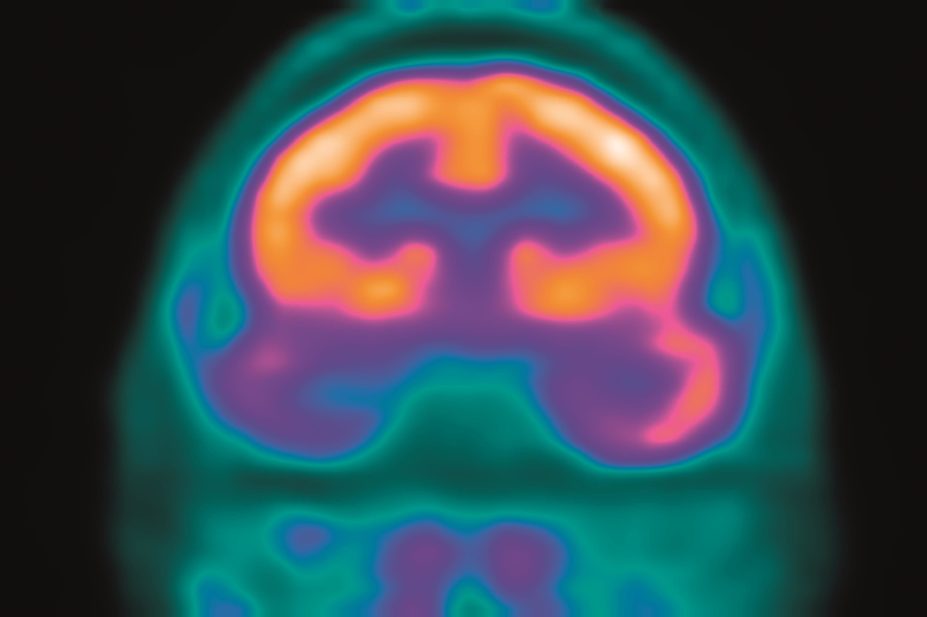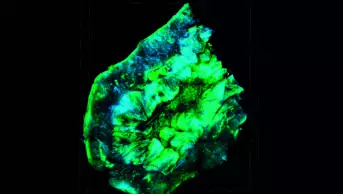
Centre Jean Perrin, ISM / Science Photo Library
Several years before patients develop temporal lobe epilepsy (TLE), many will experience an episode of prolonged seizure activity called status epilepticus (SE).
A study in mice, published in Neuron (online, 15 October 2015)[1]
, shows that a novel peptide could prevent this initial episode developing into a chronic disorder. The peptide, termed pY816, inhibits the activity of the brain receptor TrkB, which becomes overactive after SE.
Mice who were given the peptide for three days after chemically-induced SE had fewer spontaneous seizures during four-week observation than controls. And hippocampal damage — a hallmark of TLE — was significantly reduced in these animals.
The researchers from Duke University, North Carolina, say they are hopeful that the peptide will be effective in other animal models and that it will prove to be a preventive therapy for TLE in humans.
References
[1] Gu B, Huang YZ, He X-P et al. A peptide uncoupling BDNF receptor TrkB from phospholipase Cγ1 prevents epilepsy induced by status epilepticus. Neuron 2015. doi:10.1016/j.neuron.2015.09.03


